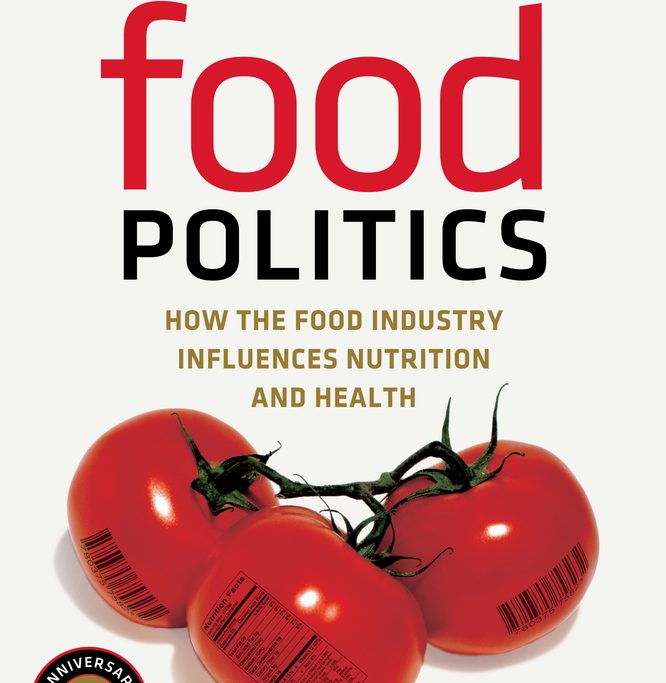Food politics: What everyone needs to know by Marion Nestle has meticulously studied the corrupting impact of the food sector on public health policies. In the struggle she highlights, many people’s lives and livelihoods are at risk, and a constructive resolution will need:
- Research
- Foresightful political leadership
- Enlightened business practices
- Consumer education
All other issues may be traced back to food politics in the United States. No other sector is more crucial to the welfare of the American people and their children’s future. Marion Nestle exposes the dangers to our health and freedom of choice posed by the corporate takeover of our food system. This book is a must-read for everyone who consumes food on a regular basis.
Food Politics: What Is It?
We are all aware of the tremendous rivalry for our food dollars, which can be seen in advertisements and on the shelves of supermarkets. Marion Nestle goes behind the scenes in this riveting expose to explain how the competition truly works and how it impacts our health. This is a must-read for anybody interested in nutrition or public health.
The United States abundance of food options has the potential downside of providing enough calories to feed every man, woman, and child twice over. Whatever the consequences for people’s waistlines or overall health, our too-competitive food industry needs to stimulate them to consume more, more often, and more food.
Food Production Close To $900 Billion In 2000
The production of food, much like the production of cigarettes or weaponry, is a highly significant industry. The food industry produced close to $900 billion in revenue in the year 2000. They need to satisfy both their stakeholders and their shareholders. In addition to complying with the laws that the government has imposed.
- It is yet alarming to see the specifics of how food businesses pressure politicians.
- Co-opt experts and increase sales through marketing to youngsters.
- Members of minority groups.
- Individuals living in impoverished nations.
We understand the food sector plays politics just as effectively as, if not better than, other industries, in no small part. Due to the fact that a significant portion of its activity takes place behind closed doors.
Require: Strategic Decision-Making
As the editor of the Surgeon General’s Report on Nutrition and Health from 1988, Dr. Nestle is exceptionally suited to guide us through the complex web of interests and effects that are woven by the food industry. She gives many examples that depict food politics in action, such as:
- How the government watered down its nutritional recommendations
- How schools encouraged students to consume soft beverages
- How dietary supplements were marketed as if they were constitutional rights.
When it comes to the mass production and consumption of food, money is the driving force behind strategic decision-making, not science, not common sense, and most definitely not healthy.
Well-Balance Food Consumption
Most of us are completely perplexed about the proper foods to eat to maintain our health. Food Politics is an approachable and well-balanced analysis that will irrevocably alter the manner in which we react to the marketing methods of the food business. This ground-breaking book helps us understand more clearly than ever before what we eat and why we eat it. The food industry exerts influence over government nutrition policies and demonstrates the ingenuity with which it links its interests to those of nutrition professionals.
About Author
Currently, Marion Nestle (led from 1988 to 2003) is Paulette Goddard’s Professor at New York University’s (Department of Nutrition, Food Studies, and Public Health). She is also a visiting professor of Nutritional Sciences at Cornell University and a professor of Sociology at New York University. Nestle has earned degrees in molecular biology and public health nutrition as a doctorate.
Feature image: UCPress
Also read:





